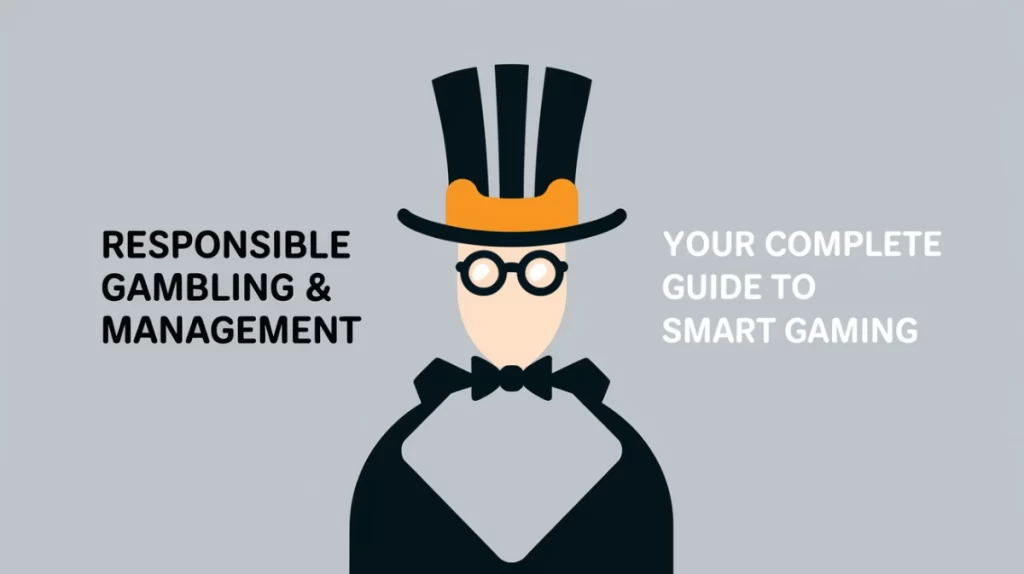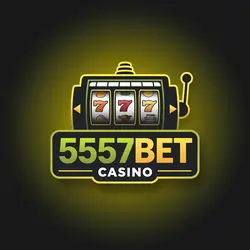
Responsible gambling and effective bankroll management are fundamental aspects of maintaining a healthy relationship with gaming activities. This comprehensive guide explores essential strategies to help you make informed decisions, protect your finances, and ensure a sustainable approach to gambling.
–Advertisement–

What You Can Learn
Setting Gambling Limits: Your First Line of Defense
Setting clear gambling limits is essential for staying in control of your gaming activities. Start by determining a budget that aligns with your financial situation and never exceed it, regardless of wins or losses. Additionally, consider setting time limits to prevent gaming from interfering with other important aspects of life. Here’s how to implement effective boundaries:
Deposit Limits:
- Set daily, weekly, or monthly deposit caps
- Use banking controls to restrict gambling-related transactions
- Implement cooling-off periods between deposits
- Configure maximum bet sizes
Time Restrictions:
- Establish specific gaming sessions with strict time limits
- Use platform tools to track playing duration
- Set automatic logout timers
- Schedule regular breaks between sessions
–Advertisement–

Tracking Expenses: Maintaining Financial Control
Keeping track of expenses is crucial for anyone engaging in responsible gambling. It helps individuals monitor their spending, stay within budget limits, and avoid potential financial risks. By maintaining a clear record of expenses, players can enjoy gambling as a fun activity without compromising financial security.
Financial Management Tools:
- Utilize dedicated budgeting apps for gambling expenses
- Keep detailed records of wins and losses
- Monitor transaction history regularly
- Set up separate accounts for gambling funds
Budgeting Strategies:
- Allocate specific amounts for entertainment/gambling
- Never use funds meant for essential expenses
- Track cumulative spending patterns
- Review monthly gambling statements
Emotional Control: The Key to Responsible Gaming
Effective time management helps ensure that gambling does not interfere with daily responsibilities. By setting clear boundaries and allocating specific time slots for gambling, individuals can maintain a healthy balance between leisure activities and essential tasks. This approach prevents gambling from becoming a disruptive influence in one’s daily life.
Emotional Awareness:
- Recognize triggers that lead to impulsive betting
- Avoid gambling when stressed or upset
- Practice mindful decision-making
- Maintain a clear head while gaming
Healthy Coping Mechanisms:
- Develop alternative stress-relief activities
- Build a support network
- Know when to take breaks
- Practice self-reflection
–Advertisement–

Time Management: Balancing Gaming with Life
Effective time management in gambling activities is crucial for maintaining a healthy balance between gaming and everyday life commitments, requiring a disciplined approach to setting and adhering to strict gaming schedules. By utilizing platform-provided time-limit tools and scheduling regular breaks, players can prevent gambling from encroaching on work, family, and personal obligations while fostering a more controlled and enjoyable gaming experience. The implementation of time-tracking measures, such as session duration alerts and calendar blocking, helps create clear boundaries between gambling activities and essential daily responsibilities.
Scheduling Guidelines:
- Create specific time slots for gambling activities
- Never let gaming affect work or family time
- Use calendar reminders to stick to planned sessions
- Regular assessment of time spent gambling
Life Balance:
- Maintain diverse recreational activities
- Prioritize important responsibilities
- Set clear boundaries between gaming and other activities
- Regular schedule reviews and adjustments
Risk Assessment: Understanding and Managing Gaming Risks
Evaluating and managing gambling risks requires a comprehensive understanding of both personal limits and game mechanics, serving as a cornerstone for sustainable gambling practices. A well-structured risk management approach combines regular self-assessment of betting patterns with the strategic use of responsible gambling tools, such as deposit limits and self-exclusion options. By continuously monitoring risk factors and adjusting strategies accordingly, players can maintain a balanced approach to gambling while protecting their financial and emotional well-being.
Risk Evaluation:
- Assess the potential impact of losses
- Understand game-specific risks
- Review betting patterns regularly
- Monitor risk tolerance levels
Protection Measures:
- Utilize self-exclusion tools when needed
- Implement reality checks
- Set loss limits
- Use account controls effectively
–Advertisement–

Practical Implementation Steps
- Account Controls:
- Enable all available responsible gambling tools
- Set up multi-factor authentication
- Regular password updates
- Monitor account activity
- Financial Planning:
- Create a dedicated gambling budget
- Track all gaming-related expenses
- Regular financial health checks
- Emergency fund maintenance
- Self-Assessment:
- Regular behavior evaluation
- Honest assessment of gambling impact
- Periodic review of gambling patterns
- Adjustment of limits as needed
Warning Signs and Prevention
Red Flags to Watch:
- Chasing losses
- Gambling with borrowed money
- Neglecting responsibilities
- Emotional gambling decisions
Preventive Measures:
- Regular breaks from gambling
- Maintaining healthy hobbies
- Strong support system
- Professional help when needed
Conclusion
Responsible gambling and effective bankroll management require consistent effort and awareness. By implementing these strategies and maintaining strict control over your gaming activities, you can enjoy gambling as entertainment while minimizing potential risks. Remember that responsible gambling is about making informed choices and maintaining control over both time and money spent on gaming activities.
Review your current gambling habits and implement these management strategies today. Start by setting clear limits and utilizing available tools to maintain control over your gaming activities
Additional Resources:
- National Problem Gambling Helpline
- Local support groups
- Online responsible gambling tools
- Professional counseling services
–Advertisement–




